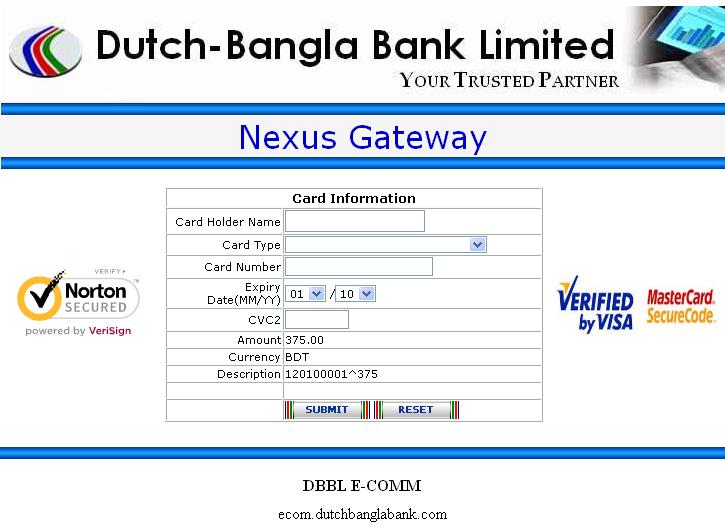Tips To Make Your Online Transactions More Secure

We find threats everywhere on the internet, but the most daunting ones include insecurities to your online transactions. Many criminals in the cyber world are looking to get access to your credit card details, or your net banking passwords. There are a plenty of things about which you ought to be vigilant to avoid such a mishap. Here are some things you must open an eye for.

- Secure Lock in Address Bar: A padlock in your address bar shows that the site is encrypted, and hence, less vulnerable to attacks. So whenever you see such a lock, rest assured that you’re at a safe place. But this indication isn’t the only thing you should look for. There are many more.
- HTTPS Status: Though with the advent of HTTP2, HTTPS has become outdated, but there still are plenty of sites which rely on HTTPS status. The “s” in https stands for secure, so whenever you visit a payment portal, spend an extra second and look for https in the address bar. Never pay through an HTTP portal.
- Beware of Back and Refresh Buttons: Pressing refresh, or back can cause double charging for a single purchase. Sometimes when the purchase isn’t complete and you press back to cancel one, you might get charged even if the purchase isn’t done. Though there are some sites that warn you not to press back button, there are plenty which don’t. So even if it’s taking some time, DO NOT press back or refresh buttons.
- Delete Cookies Later: Without cookies you can’t complete a transaction, but when you’re done especially on a public network, delete the cookies. In this way, you will get the chance to buy online without being deprived of online safety.
- Use Virtual Keyboard: While entering your card details or your net banking details, always use the virtual keyboard. Most of the websites provide these keyboards alongside the text box. Always enter such sensitive information using on-screen keyboard as there is always a risk of interception by some spyware. These softwares record the keys pressed on the keyboard, and hence can unveil your password or your card’s CVV.
To read this article in Hindi, click here. | इस आर्टिकल को हिंदी में पढ़ने के लिए यहाँ क्लिक करें।
